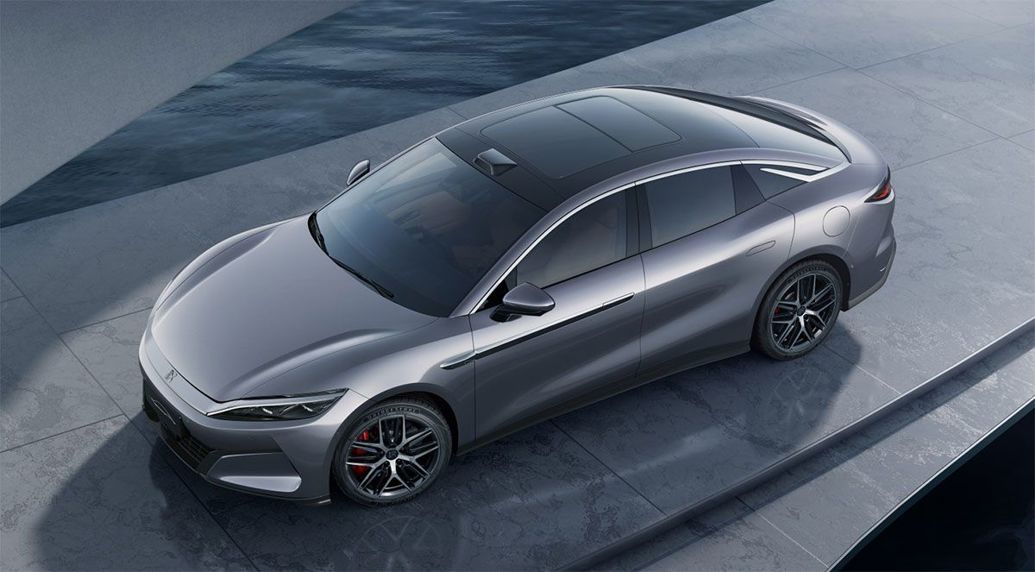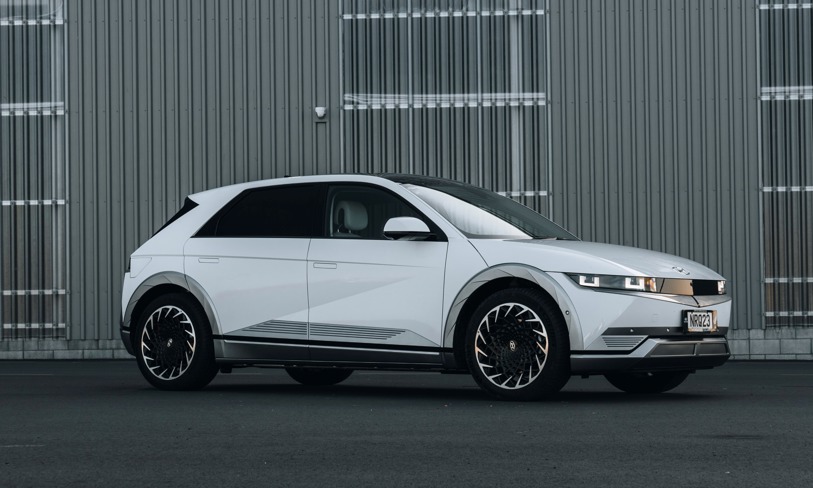- The latest battleground in China's growing EV war isn't range, it's charging speed.
- BYD recently unveiled a megawatt (1000kW) charger.
- Now a company affiliated with ride sharing company Didi has unleashed a 1600kW charger.
A new kind of EV war is brewing in China.
This fresh battlefront isn’t about how long your car can drive on a single charge, but how fast you can refill its battery.
BYD made the first move, unveiling its 1000kW, or one megawatt charger, earlier this year.
That means its charging pylon can dispense one megawatt of power in one hour. The fastest chargers in New Zealand currently push out 350kW, or about a third of BYD’s.

A new company has told BYD to hold its charging cable and has revealed a new charger that can send out 1600kW of juice.
It comes from a company called Orange Charging in China, which is an affiliate of ride-sharing company Didi. The company said it can add 100km of range to an electric car in just one minute.
The problem is, no electric car can accept that amount of charge without having some serious overheating issues.

An average electric car battery is between 60 and 80kWh, which means a 1000kW charger should be able to fill up the 60kWh battery in 3.6 minutes.
It's not that simple to work out charging times, heat management and electrical architecture of the car all limit how quickly they can accept charge. EVs charge in an arc not at its max charge rate from zero to 100 per cent, which stops them cooking the battery or catching fire.
Hyundai and Kia’s more expensive electric cars (such as the Hyundai Ioniq 5 and Ioniq 6, and Kia EV9) can accept a maximum of 350kW, which is the most of any electric car on sale in NZ currently.
CarsGuide has never seen any vehicle accept 350kW, with even the speediest examples topping out at about 230kW, and they hold that for only a few minutes.
Carmakers and battery providers are working on a solution, though.
BYD's new Super e-Platform vehicles can charge at speeds of up to 1000kW, which the brand says will deliver 400kms range in just five minutes. In fact, when testing the brand's Han L sedan, it found the number was more like 470kms.
The tech is now being deployed in China on the Han L sedan and Tang L SUV – with the latter expected to arrive here next year as the BYD Sealion 8, although it's expected to launch in PHEV guise initially.
CATL, the world’s biggest electric car battery maker, is working on batteries that are compatible with 1.3 megawatt chargers, which can add 520km in five minutes.
New Zealand’s power grid is unlikely to be able to support such chargers anytime soon, with a massive investment in infrastructure needed to set-up these megawatt chargers.





